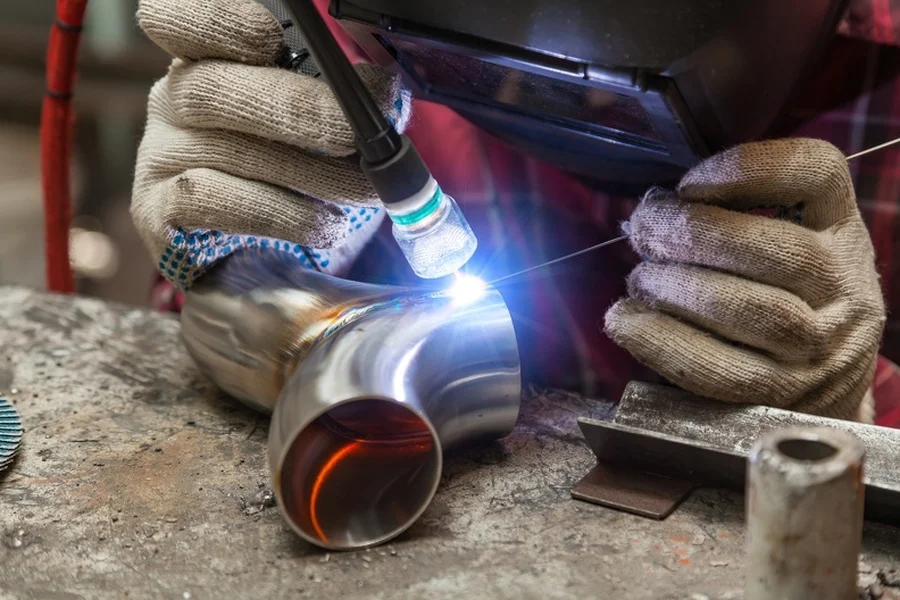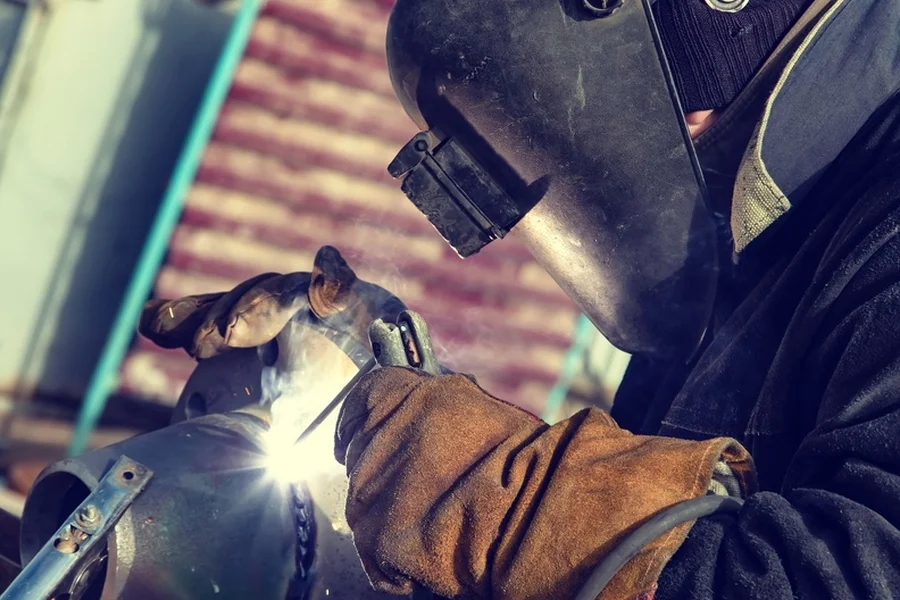Understanding the Roadblocks and Effective Fixes
The welding industry plays a crucial role in manufacturing, construction, and many other sectors. However, welding often presents challenges that require attention. Whether it’s dealing with material imperfections or ensuring perfect joints, these issues impact quality and efficiency. Understanding common challenges and finding effective solutions can lead to more successful projects. This article explores key obstacles faced in welding tasks and offers insights into tackling them effectively.

Importance of Quality Control in Welding
Quality control ensures that all welds meet safety and performance standards. It involves thorough inspections and testing to detect defects early in the process. Implementing a robust quality control system helps avoid costly reworks and guarantees that structures are safe and durable. By prioritizing quality control, companies achieve higher customer satisfaction and reduce future maintenance costs.
Material Selection Matters
Selecting the right materials is critical in welding fabrication. Different metals have varying properties that can affect weld integrity. Considerations like thermal expansion, conductivity, and strength must guide material choice. Using inappropriate materials leads to weak joints or warping, compromising the entire project. Careful selection ensures that welded structures perform reliably under specific conditions.
Welding Techniques for Better Results
Mastering various welding techniques is essential for overcoming fabrication challenges. Each method has unique benefits suitable for different tasks. For instance, TIG welding provides high precision while MIG welding is faster for larger jobs. Understanding when to apply each technique optimizes results and efficiency. Skilled welders choose the best approach tailored to project demands.
Addressing Structural Design Issues
Poor structural design can lead to significant problems during and after welding fabrication processes. Designs must account for stress distribution and load-bearing requirements to ensure stability. Neglecting these factors results in premature failures or excessive deformation. Engaging experienced engineers during the planning phase helps create designs that meet functional needs while minimizing risks.
Tackling Environmental Factors
Environmental conditions significantly impact welding outcomes. Humidity, temperature fluctuations, and wind can introduce contaminants or cause inconsistencies in welds. To combat this, work environments should be controlled as much as possible or appropriate protective measures employed. Adapting to environmental challenges ensures consistent quality across different settings.
Enhancing Safety Standards
Safety remains a top priority in any welding operation. Hazards such as toxic fumes, electric shocks, and burns require comprehensive safety protocols. Providing proper training and personal protective equipment (PPE) minimizes risks to workers. Continuous monitoring and adherence to safety standards protect both personnel and project investments.
Cost Management Strategies
Managing costs effectively is pivotal in welding projects. Material expenses, labor costs, and equipment maintenance add up quickly. Implementing cost-saving strategies without compromising on quality is crucial. Bulk purchasing materials, optimizing workforce schedules, and maintaining equipment regularly are some methods to keep budgets in check while delivering superior outcomes.
Steps to Achieve Successful Projects
- Conduct thorough initial assessments to identify potential challenges.
- Select suitable materials based on the project’s requirements.
- Employ skilled technicians trained in various welding techniques.
- Implement strict quality control measures throughout production.
- Create a safe work environment by enforcing safety regulations.

Conclusion: Elevate Your Welding Projects With Expertise
Overcoming challenges in fabricating welded structures requires strategic planning and expert execution. Companies looking to enhance their operations should focus on quality control, choose appropriate materials, and adopt the most effective welding methods available. Contact Tate Welding LLC at (513) 418-8066 to learn how we can assist you with your next project. Our team proudly serves clients throughout Cleves, OH, providing innovative solutions tailored to their unique needs.
